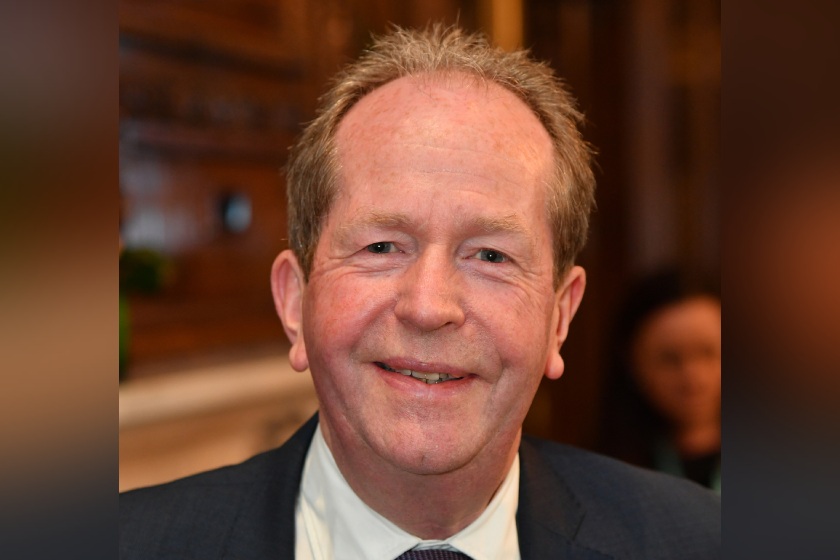HMRC umbrella company ‘checking tool’ looms for workers
Umbrella company consultation response and guidance due from HMRC, as more details come out on Tax Administration and...
READ MORE
The UK’s largest business organisations said the government needs to reverse the National Insurance hike, and cut VAT and fuel duty now if firms are to survive.

Both the Federation of Small Businesses and the British Chambers of Commerce said the government has the power to make immediate changes to support businesses across the country.
FSB national chair Martin McTague said the government can no longer sit on its hands after the release of the latest consumer price index figures that showed a 10.1 per cent increase – the highest since records began in 1997.
“We’re seeing a toxic cocktail of rampant inflation, high taxes, soaring energy costs and shrinking economic growth. Action is needed right now,” he said.
“While the consumer prices rate of inflation bursting through 10 per cent is eye-watering, producer input prices are up by more than double that figure and this will filter through, pushing up the cost of living even more.
“The cost-of-living crisis can’t be solved without addressing the cost of doing business crisis.
“That’s why we need to see a reversal of the hike in National Insurance, a cut in VAT and fuel duty, and help for struggling small firms on energy bills to match that being given to households.”
The unprecedented rise in the CPI was fuelled by the rise in food and non-alcoholic drink prices and Mr McTague said hospitality businesses are also feeling the pinch – from the B&B owner who now has to pay 50p per slice of bacon to the bar that has seen prices for mixers and soft drinks spiral.
“While small businesses do their absolute best to offer good value to customers, they will be squeezed to the margins as consumers’ disposable spending falls,” he said.
FSB research set out the effect the current economic climate is having on small businesses, with more small firms reporting a decline in revenues in Q2 than an increase (40.7 per cent against 34.8 per cent). Expectations for any betterment in performance in Q3 are similarly subdued, with those predicting a fall in revenue (35.8 per cent) outnumbering those who predict an increase (32.4 per cent).
“Reports from members of four- or five-fold – or even higher – increases in their energy bills are coming in thick and fast, with relief on this front also desperately needed,” he said.
“The new figures small firms are being quoted for energy costs would be laughable if their potential effect on the business were not so serious – these are huge, unmanageable sums for businesses whose margins have been battered and whose reserves have been depleted by the disruption to trading caused by the pandemic.
“With so many small businesses on the brink as inflation runs ahead of their ability to keep up, the time is now for the Government to act to prevent the loss of even more businesses.”
British Chambers of Commerce director of policy and public affairs, Alex Veitch, said the higher-than-expected inflation increase, alongside eye-watering energy prices, confirms the severity of the cost-of-doing business crisis.
“This squeeze on businesses’ operating costs is also reflected in the latest Producer Price Inflation figures which show a 22.6 per cent rise in the year to July 2022, which remains among the highest levels since records began in 1985,” he said.
"The difference between input and output inflation illustrates that many firms are absorbing as much of these additional costs as they can. There is a limit to how much additional cost firms can absorb and is limiting growth and investment.
"Our research shows that two out of three firms expect to raise their own prices in the coming months, with utilities, labour costs, and raw materials all cited as the main drivers of costs. Firms have been telling us about this inflation shock for 18 months now.
“Businesses want to support their people, they want to invest and grow and they don’t want to put prices up for their customers, but they are left with little choice.
“The Government should act and has levers to pull to give vital support to businesses now.
“The two immediate and impactful choices would be to review and reform the Shortage Occupations List to help fill the 1.3 million job vacancies; and bring businesses’ energy costs down by lowering the VAT rate from 20 per cent to 5 per cent.
“It’s time for action and we’re offering solutions. It’s time for Government to listen.”